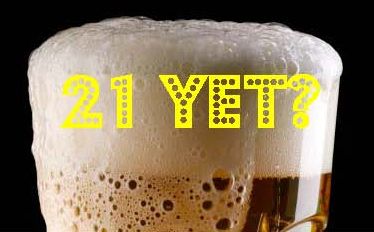A Non-violent Felon’s Right to Bear Firearms
Monday, September 21st, 2015 The North Carolina case Britt v. North Carolina serves as a breakthrough precedent for North Carolinians who lost their right to bear arms due to felony charges. In 1979, Barney Britt plead guilty to PWISD methaqualone (possession with intent to sell and deliver–a central nervous system depressant). He was sentenced to 4 months in prison and probation thereafter. At the end of his sentence in 1987, Mr. Britt’s rights as a North Carolina citizen were fully restored, including the right to bear arms. In 2004, N.C.G.S. §14-415.1 declared it unlawful for any felon to bear any type of firearm despite their reason. Britt sued the state arguing that this new law was unconstitutional. After several hearings and appeals, his case was taken to the Supreme Court where the jury ruled in Britt’s favor. Arguably, Britt served his sentence as a convicted nonviolent felon, and 30 years later had not committed any crime despite that he possessed firearms. Ultimately, Britt had “affirmatively demonstrated that he is not among the class of citizens who pose a threat to public peace and safety” and therefore, a regulation that prohibited him from possessing a firearm could not be “fairly related to the preservation of public peace and safety.”
The North Carolina case Britt v. North Carolina serves as a breakthrough precedent for North Carolinians who lost their right to bear arms due to felony charges. In 1979, Barney Britt plead guilty to PWISD methaqualone (possession with intent to sell and deliver–a central nervous system depressant). He was sentenced to 4 months in prison and probation thereafter. At the end of his sentence in 1987, Mr. Britt’s rights as a North Carolina citizen were fully restored, including the right to bear arms. In 2004, N.C.G.S. §14-415.1 declared it unlawful for any felon to bear any type of firearm despite their reason. Britt sued the state arguing that this new law was unconstitutional. After several hearings and appeals, his case was taken to the Supreme Court where the jury ruled in Britt’s favor. Arguably, Britt served his sentence as a convicted nonviolent felon, and 30 years later had not committed any crime despite that he possessed firearms. Ultimately, Britt had “affirmatively demonstrated that he is not among the class of citizens who pose a threat to public peace and safety” and therefore, a regulation that prohibited him from possessing a firearm could not be “fairly related to the preservation of public peace and safety.”
A year after the Supreme Court ruled in Britt’s favor, North Carolina General Assembly enacted N.C.G.S. §14-415.4, allowing a person convicted of a nonviolent felon to bear firearms, as long as they are in compliance with the statute criteria (i.e., having served their sentence, convicted of only one felony—or multiple felonies arising from the same event, etc). The law took effect on February 1, 2011.
It will be interesting to see how North Carolina’s new law will be observed nationally. With such controversy over the right for even non-felon citizens to bear arms, it’s likely that many Americans will disagree with this statute. As we know, federal authorities and courts hold the final decision on federal law, but this new law may accomplish the General Assembly’s goal of restoring firearm rights to those convicted of a felony in other states – following the example of North Carolina – if not nationwide.
By Amber Younce, Legal Assistant

 This weekend, April 8-12, 2015, is the 68th Annual North Carolina Azalea Festival in Wilmington, NC, New Hanover County. The Festival is an annual celebration of Wilmington’s gardens and culture. The festival covers five days of entertainment which includes: a parade, street fair, circus, concerts, pageantry, and all that is Southern. Beginning in 1948, the Festival has blossomed into an extended weekend celebration that attracts more than 250,000 people annually to the region including and surrounding New Hanover County, NC.
This weekend, April 8-12, 2015, is the 68th Annual North Carolina Azalea Festival in Wilmington, NC, New Hanover County. The Festival is an annual celebration of Wilmington’s gardens and culture. The festival covers five days of entertainment which includes: a parade, street fair, circus, concerts, pageantry, and all that is Southern. Beginning in 1948, the Festival has blossomed into an extended weekend celebration that attracts more than 250,000 people annually to the region including and surrounding New Hanover County, NC.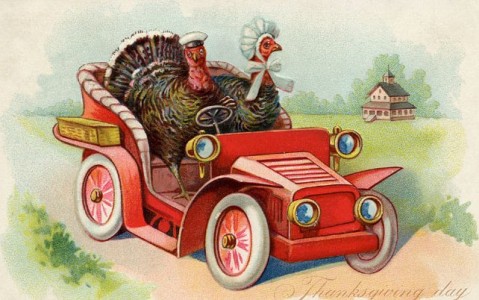 With an improved economy and gas prices at a five year low, we will experience an increase in Thanksgiving travel this year. AAA Carolinas expects the increase to be of more than 4 percent compared to Thanksgiving of 2013.
With an improved economy and gas prices at a five year low, we will experience an increase in Thanksgiving travel this year. AAA Carolinas expects the increase to be of more than 4 percent compared to Thanksgiving of 2013. Generally, the fact that one was charged with a crime remains on their record regardless of the disposition of the charge, unless the charge gets expunged. An expungement in North Carolina is the eradication of one’s criminal record by court order. The effects of an expunction or expungement are outlined in N.C.G.S. § 15A-153 and include that upon expunction one may truthfully and without committing perjury or false statement deny or refuse to acknowledge that the criminal incident occurred.
Generally, the fact that one was charged with a crime remains on their record regardless of the disposition of the charge, unless the charge gets expunged. An expungement in North Carolina is the eradication of one’s criminal record by court order. The effects of an expunction or expungement are outlined in N.C.G.S. § 15A-153 and include that upon expunction one may truthfully and without committing perjury or false statement deny or refuse to acknowledge that the criminal incident occurred.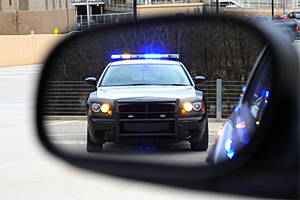 A traffic ticket can cause a lot of headache. It starts with embarrassment when the blue lights come up in your rear view mirror and when you have to sit on the side of the road while the officer investigates and issues your ticket and it continues far beyond. If you receive a traffic ticket, you should consult with an attorney on how to best handle your ticket.
A traffic ticket can cause a lot of headache. It starts with embarrassment when the blue lights come up in your rear view mirror and when you have to sit on the side of the road while the officer investigates and issues your ticket and it continues far beyond. If you receive a traffic ticket, you should consult with an attorney on how to best handle your ticket.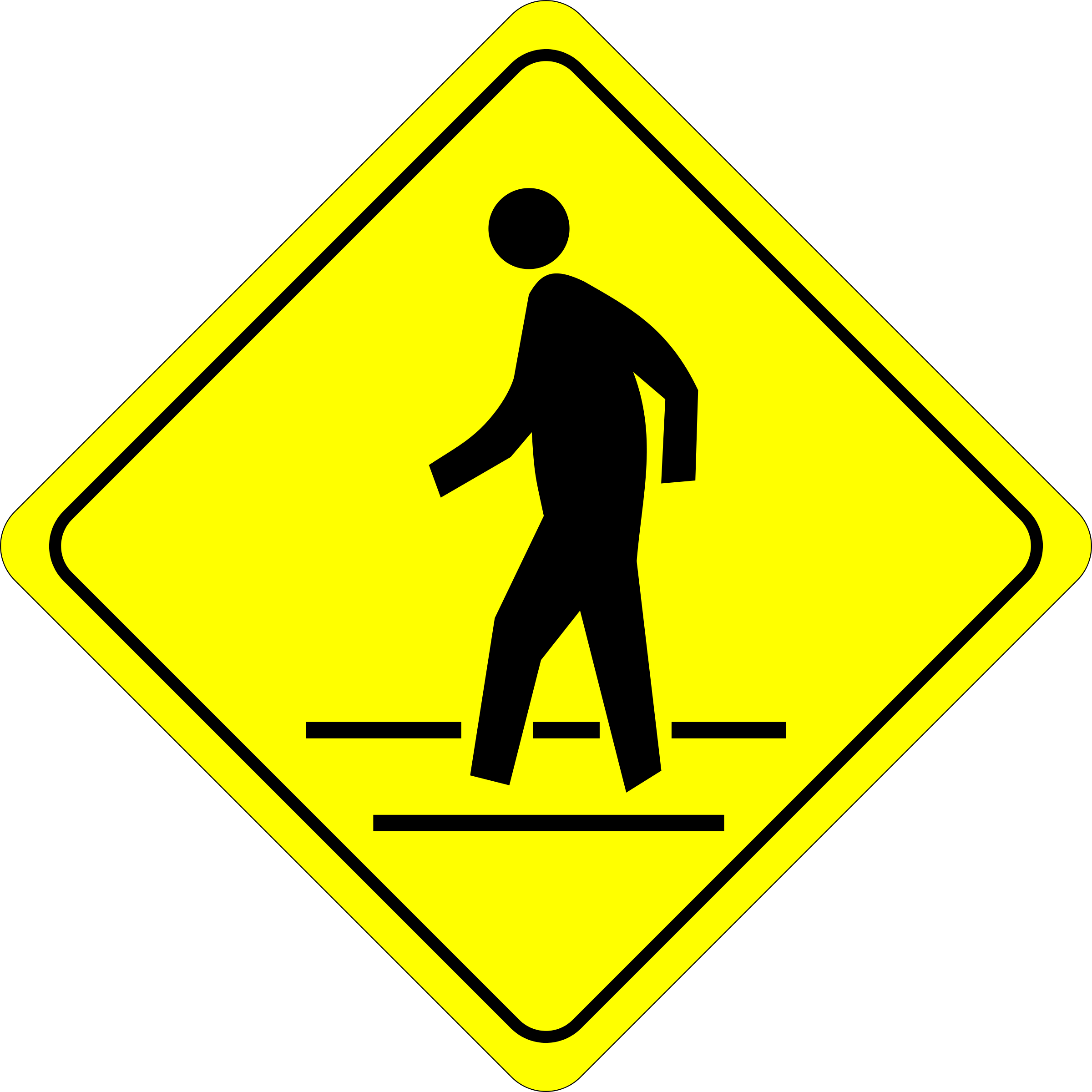 While preferences vary when it comes to transportation, everyone is a pedestrian at some time, and most know to keep their distance from moving traffic. Unfortunately, according to data released by the National Highway Traffic Safety Administration, about 69,000 pedestrians got hurt and 4,432 were killed in traffic crashes in the United States in 2011. This means that on average every two hours a pedestrian was killed and about every eight minutes, a pedestrian got hurt in traffic in 2011.
While preferences vary when it comes to transportation, everyone is a pedestrian at some time, and most know to keep their distance from moving traffic. Unfortunately, according to data released by the National Highway Traffic Safety Administration, about 69,000 pedestrians got hurt and 4,432 were killed in traffic crashes in the United States in 2011. This means that on average every two hours a pedestrian was killed and about every eight minutes, a pedestrian got hurt in traffic in 2011.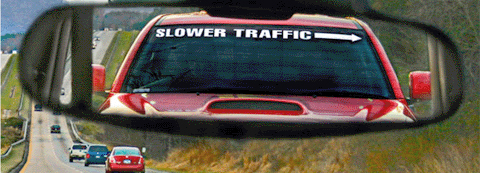 Driving slowly in the left hand lane is not just a pet peeve, but causes a hazard by negatively impacting the flow of traffic.
Driving slowly in the left hand lane is not just a pet peeve, but causes a hazard by negatively impacting the flow of traffic. 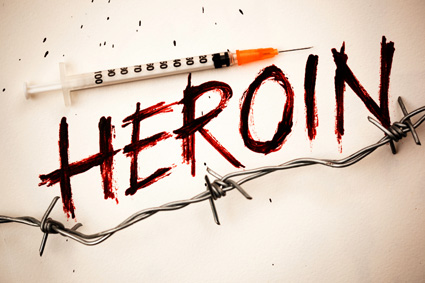 Heroin is a highly physiologically addictive narcotic derivative of morphine but has a higher potency than morphine. C.R. Alder Wright – an English chemistry and physics researcher in London – was the first to synthesize heroin in 1847. Heroin usually appears as a white or brown powder or as a black sticky substance, known as “black tar heroin.” The name Heroin stems from Bayer, the German Pharmaceutical Company. Bayer named the first diamorphine product Heroin and made its first fortunes in the late 1890s when it
Heroin is a highly physiologically addictive narcotic derivative of morphine but has a higher potency than morphine. C.R. Alder Wright – an English chemistry and physics researcher in London – was the first to synthesize heroin in 1847. Heroin usually appears as a white or brown powder or as a black sticky substance, known as “black tar heroin.” The name Heroin stems from Bayer, the German Pharmaceutical Company. Bayer named the first diamorphine product Heroin and made its first fortunes in the late 1890s when it 
